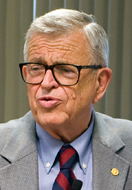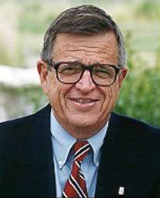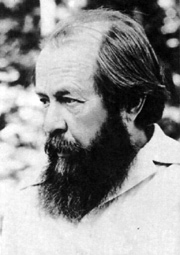
by Chuck Colson – One of the most powerful lines of Christian writing I’ve ever read was in Dietrich Bonhoeffer’s magnificent classic The Cost of Discipleship. “When Christ calls a man,” Bonhoeffer wrote, “He bids him to come and die.”
Sobering words. Its’ just the opposite of the therapeutic gospel we hear all too often in some churches these days.
Yet the Apostle Paul said the same thing. “I die daily,” he wrote in 1 Corinthians 15. What did he mean?
Paul was a proud, strong man; well-educated, a Pharisee, a Jew, a Roman citizen. He had it all together; Until, that is, Christ knocked him down on the road to Damascus and appeared to him personally.
Once Paul regained his sight, his view of the world and reality was dramatically changed. But I doubt Paul’s personality changed all that much. Throughout his letters, we see the mark of a strong, assured, powerful, bright, and intelligent individual. He remained all of those things—but I imagine he wrestled with the pride that those traits can bring. I imagine he struggled to use those traits to God’s glory instead of his own. [Read more…]



